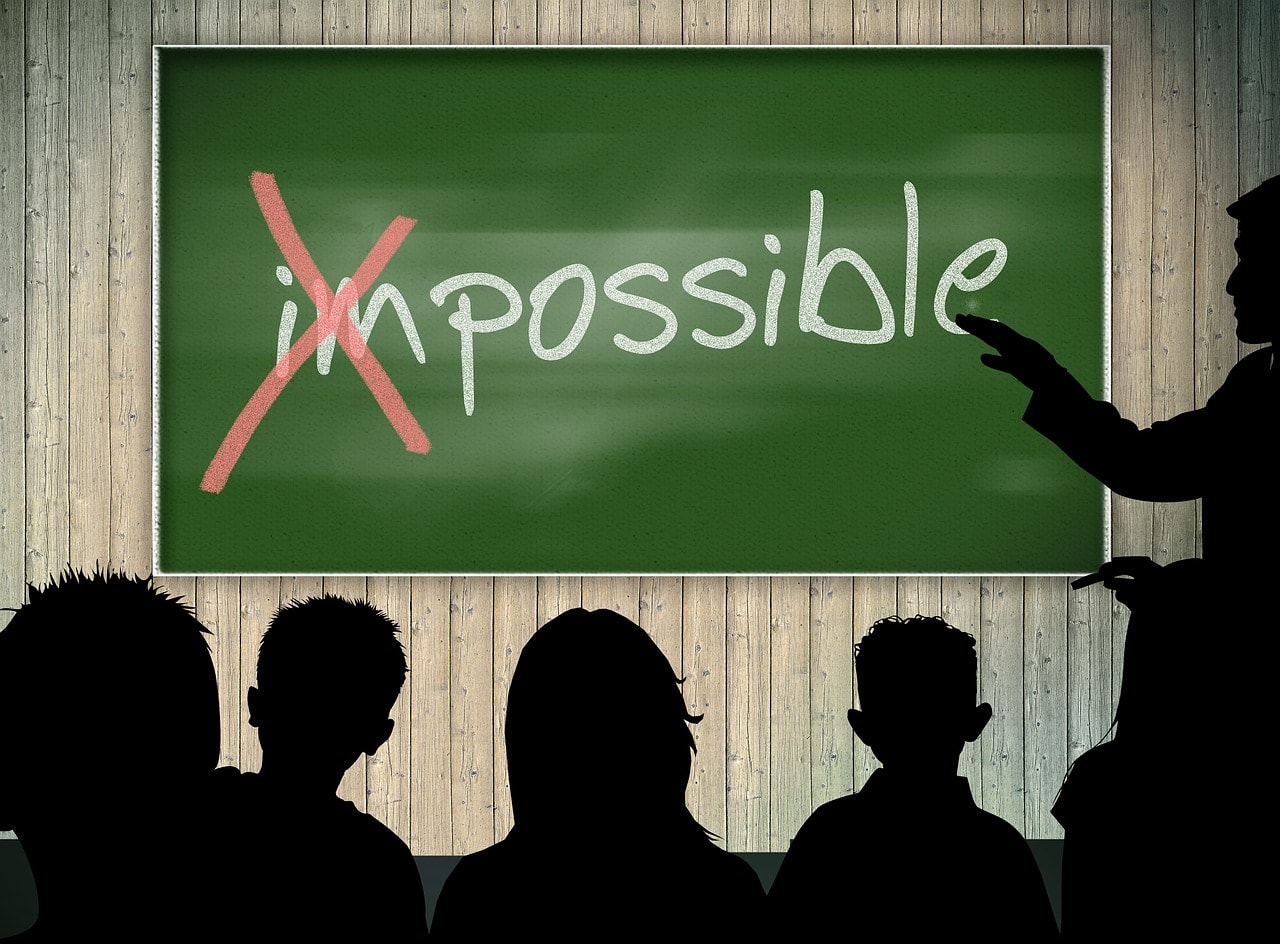The beliefs we have about ourselves can propel us to do what we want in life or severely hinder us.
It’s another New Year. A time to reflect on the passing year, noting what went well and what could use improvement. Some people use this as a time to make resolutions. I googled New Year’s Resolutions 2016 and 133,000,000 results came up! Clicking on the links I found suggestions for resolutions, why we make resolutions, why we break them, and how to make them differently.
Wow! It seems these is no shortage of information about resolutions.
A large percentage of people don’t keep the resolutions they make and then beat themselves up for breaking them.
You can call it a resolution, a goal, an intention or making a plan. Regardless of how you refer to it, there are things that we want to achieve in life and sometimes there are emotional blocks that keep us from achieving them. Think about what is holding you back in life. Is it fear? Anxiety? Perhaps it is a limiting belief. Sometimes an old limiting belief can keep you stuck. Releasing it allows you to move forward.
Limiting beliefs typically run us at the unconscious level and we are not even aware of them consciously. A limiting belief is basically a negative thought process that keeps us from realizing our full potential.
The beliefs that you have developed about yourself can be positive or negative. So how are these beliefs developed?
Beliefs often develop in childhood.
The beliefs can be formed by a decision that we make in a situation or can result from a message that we received in childhood.
For example, if every time a child gets upset the child is told to stop crying, the child may develop a belief that it is not ok to show emotions. This belief can certainly get in the way of having a relationship with someone.
Or perhaps a child brings home her report card and it is not straight A’s. If she is told anything other than an A is a failing grade, the child may develop the belief that she is a failure or not good enough. Then as an adult, if she gets passed over for a promotion at work, the self talk that follows may be, of course I didn’t get it, because I’m not good enough
Beliefs are called beliefs for a reason. We believe them to be true. Then we constantly find evidence to support them.
As an adult, these kinds of beliefs can be severely limiting. And since they are like a program running at the unconscious level, we can’t understand why goals can’t be accomplished.
Think about all of the things that you say to yourself. There is always some talk going on inside our heads. If after stating your goal or plan, you hear your voice saying something negative about why you can’t, this might be connected to a limiting belief.
Here are some other examples of limiting beliefs:
- I don’t deserve to have - fill in the blank. (happiness, wealth, success, etc)
- In order to be liked, I must please people.
- I must do everything perfectly.
- I am not smart enough, therefore I will never get the job I want.
- It’s not ok to trust people.
- If I share my feelings, I will be hurt.
One way to begin to identify a limiting belief, is to notice when you get angry or upset about something. When time permits, reflect back on the situation where you felt upset. Spend some time and just sit with the emotion and focus on the feeling in your body. Be in a curious state, not trying to make anything happen, just focusing in on the physical feeling in your body. As you do this, you may notice memories start to surface, You will probably hear your self talk, and it could give you information about a negative belief that you hold.
Beliefs can be changed!
Recognizing a limiting belief is the first step. I have helped many people to release old negative beliefs about themselves and form beliefs that work for them.
Has a limiting belief held you back long enough?
For more information about anxiety treatment, click here.
About the author: Tish Schuman, LPC, CMH, NCC, a Licensed Professional Counselor and Hypnotherapist is the owner of Calm Pathways Counseling located in Mt. Laurel, NJ. Using an innovative approach which includes Ericksonian Hypnosis and Neuro-Linguistic Programming, she has helped many people to get relief from anxiety and related issues and find joy and calm in their lives. Click below to follow her on Facebook and Twitter.






